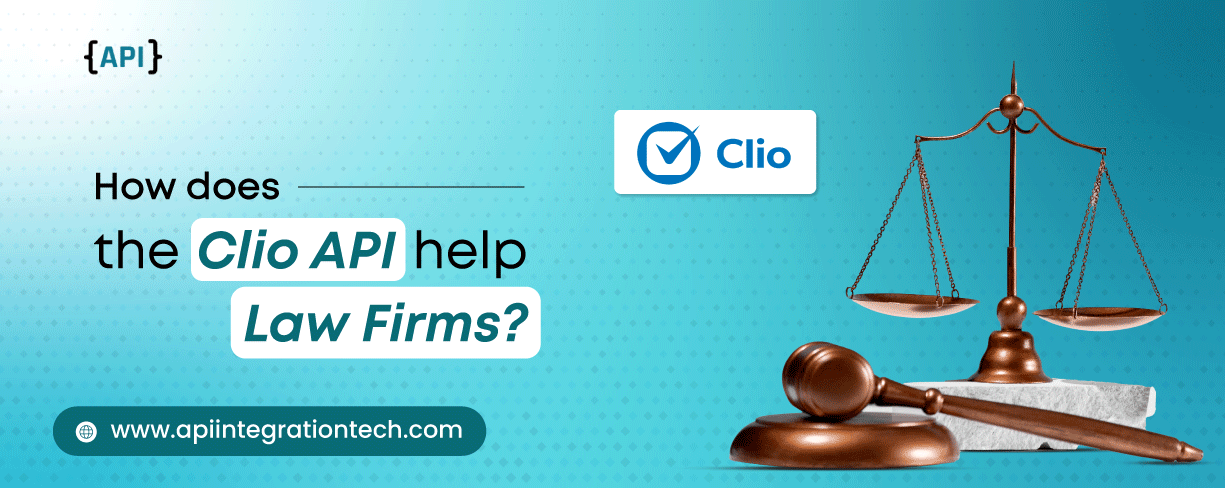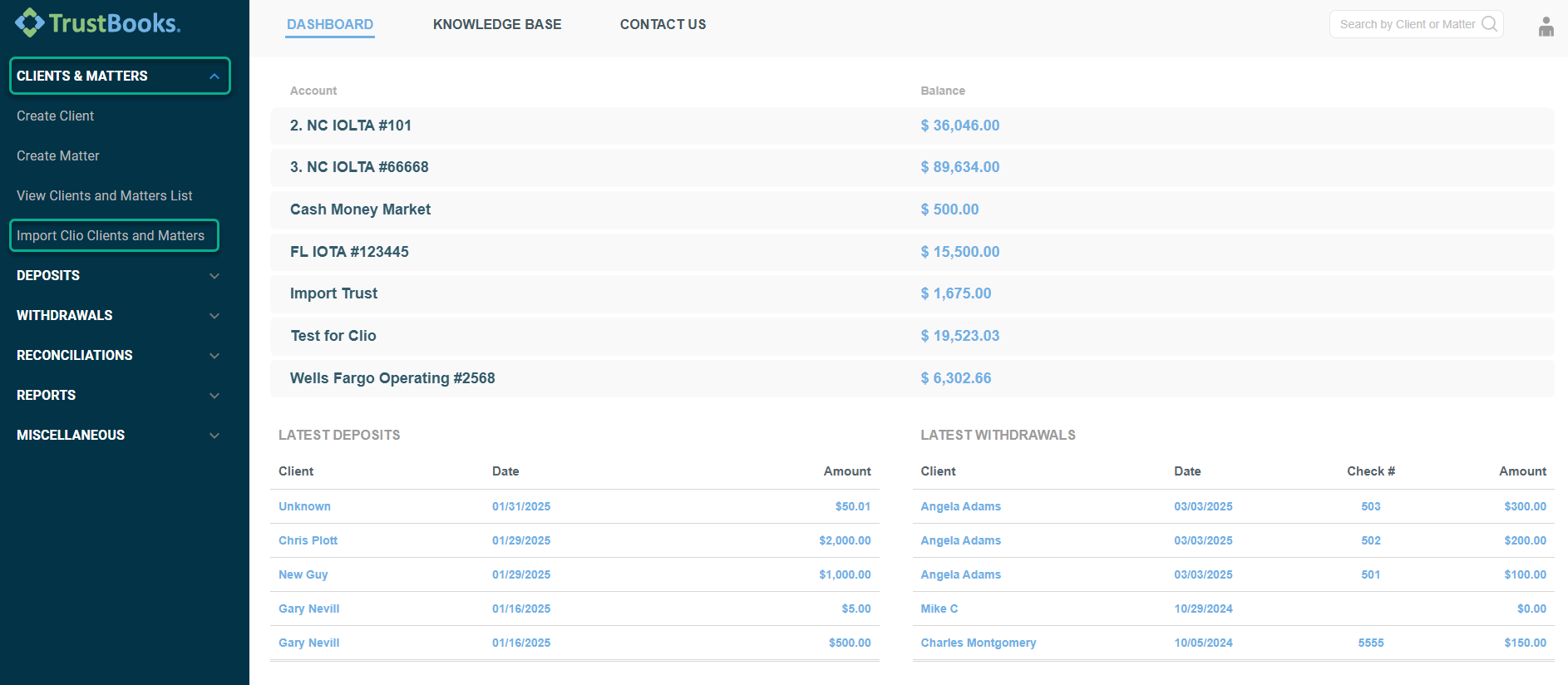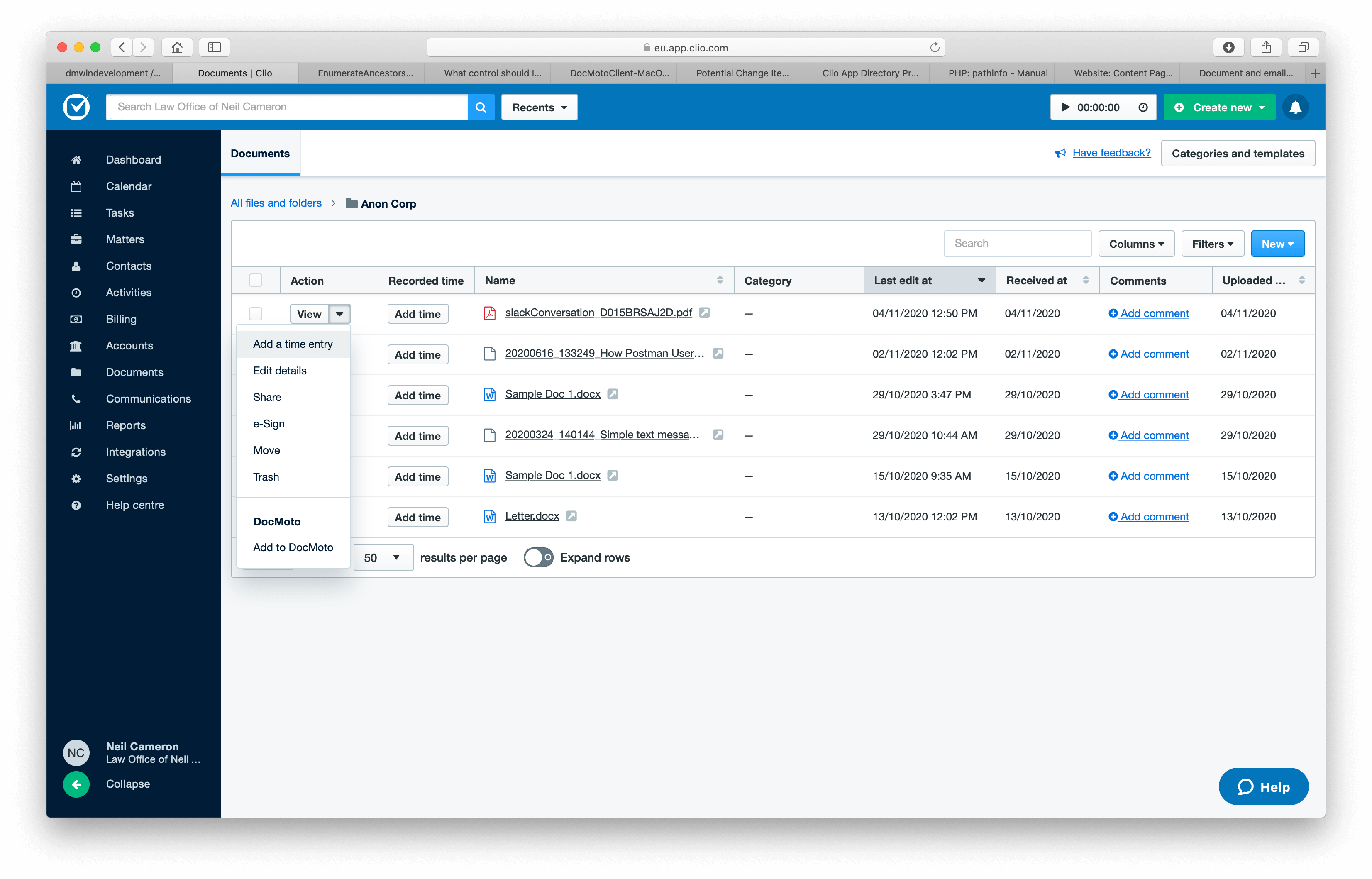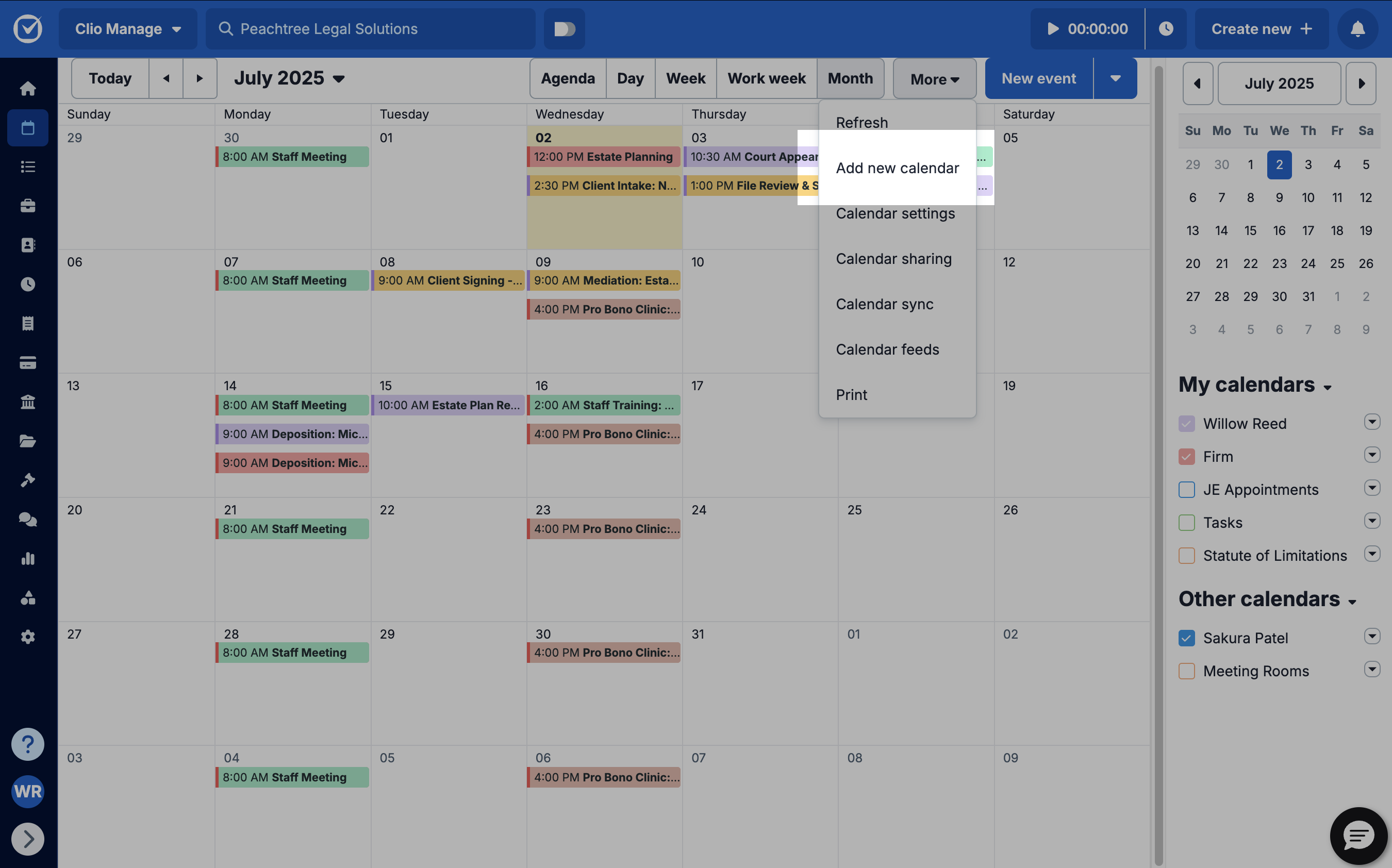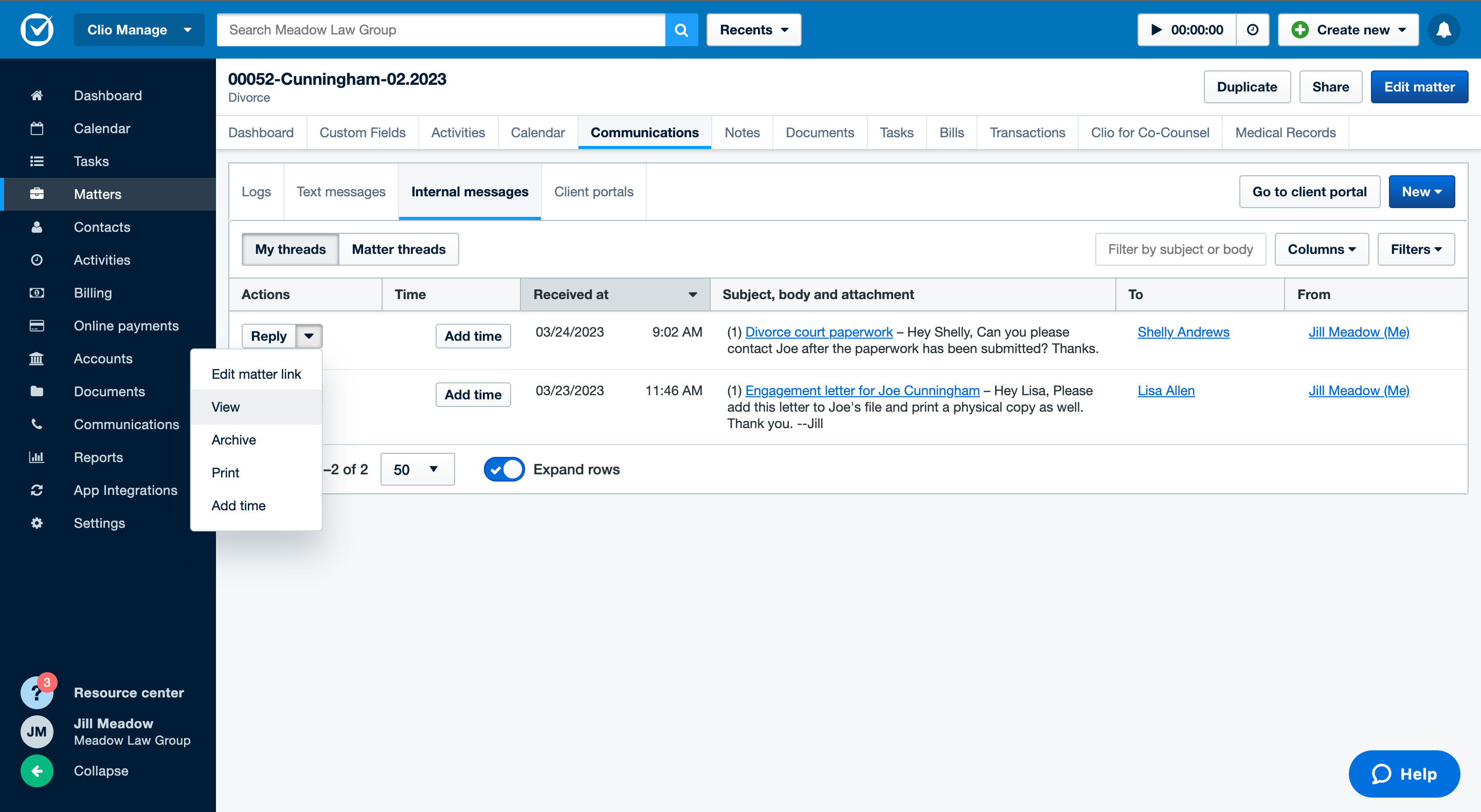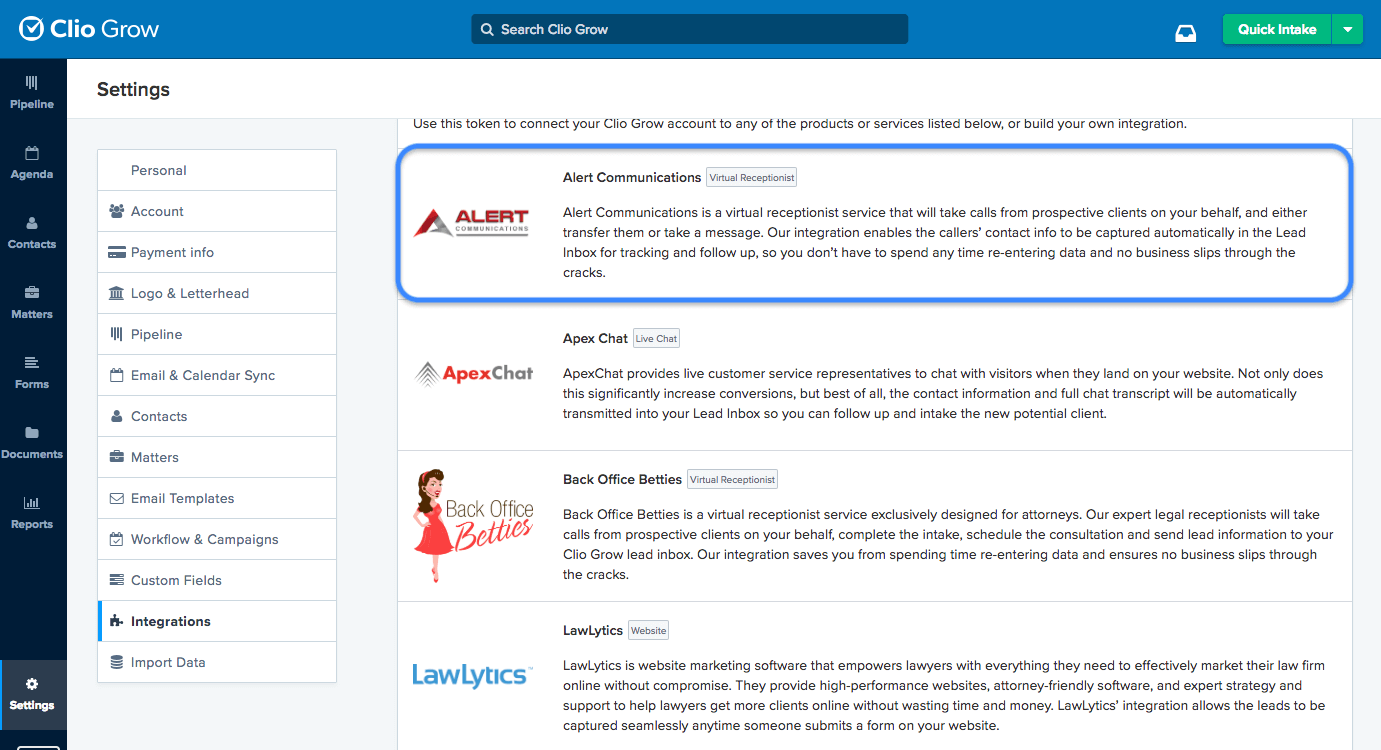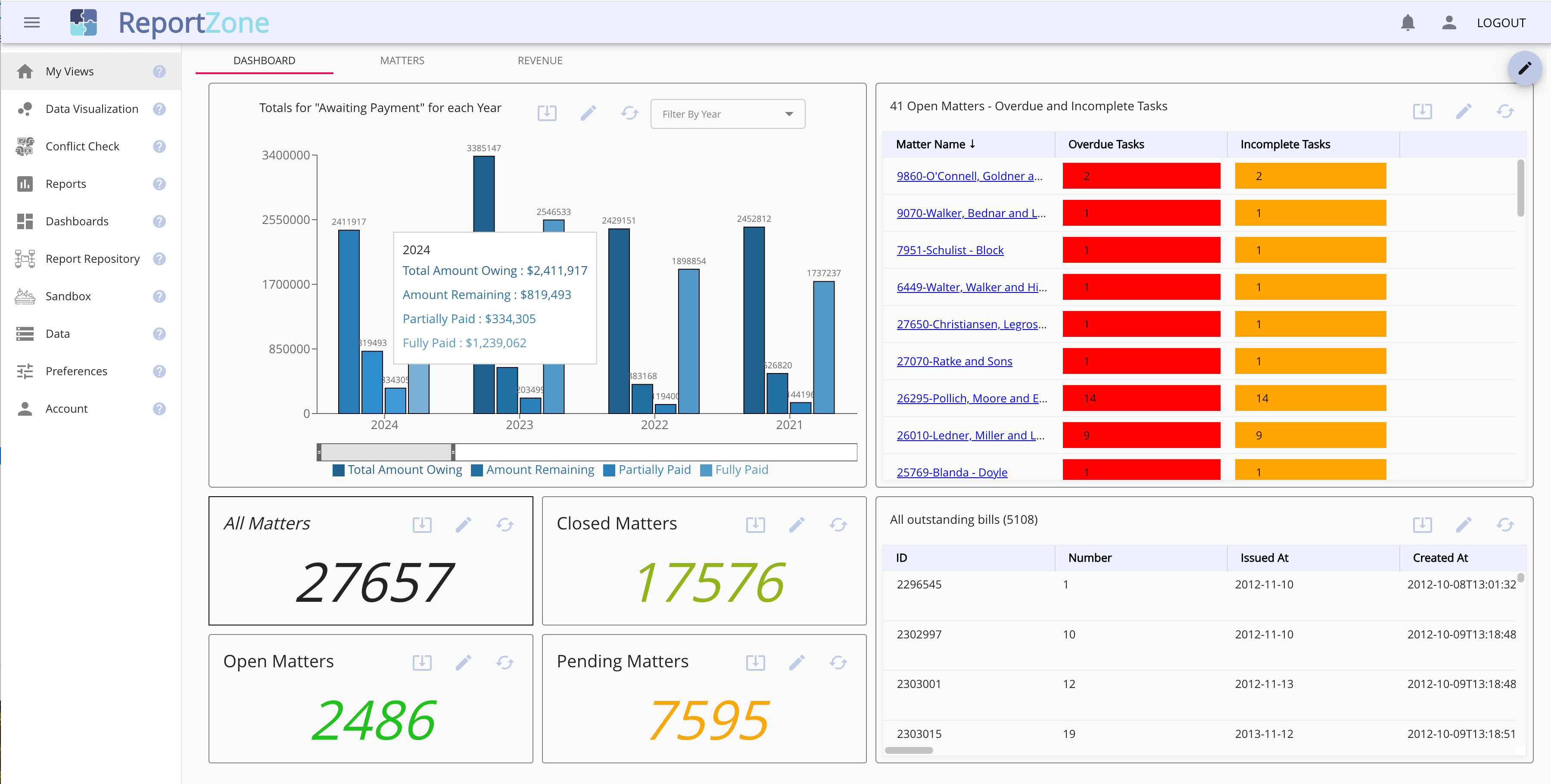Think about the last time you saw a law firm full of paper files, lawyers searching client details through emails, and hours spent on admin work. Legal professionals often spend lots of time on manual tasks instead of focusing on their cases and clients.
Now, modern law firms use the Clio API, trusted by 150,000+ attorneys in 130+ countries. Tasks like adding a new client or tracking billable time now take only minutes.
This blog explains how the Clio API makes this possible, turning slow paperwork into quick clicks, reducing mistakes, and giving lawyers more time to focus on their clients.
Enhance Legal Research with Westlaw API Integration Services
What Is Clio API? A Quick Overview
- Clio API is a legal API that works with Clio Manage to make case management easier for law firms.
- It connects your existing tools to Clio legal practice management software, creating one smooth workflow.
- This API improves daily tasks like client updates, billing, Clio document management, and case tracking.
- It works with your current systems without interrupting daily work.
- Clio case management software helps law firms save time, reduce mistakes, and improve client communication.
How to Use Clio API in Your Law Firm
The Clio API connects your tools to Clio, streamlining legal work and boosting efficiency.
Get a clear visual overview of how the Clio API helps law firms manage tasks faster and more smoothly.
1. Client and Matter Management Sync
Automatic Data Updates
The Clio API connects your CRM or intake tools to Clio Manage, syncing client details and case information without difficulty.
Error-Free Records
Error-Free Records means less manual typing and always having the latest case files updated across all systems.
Use Case
A law firm's intake system collects a new client's details. The Clio API instantly sends that information to Clio Case Management Software, creating a new matter without manual input.
Read More: How to use Westlaw API in your law firm?
2. Clio Document Management Integration
Centralized File Storage
Centralized File Storage lets you upload, store, and tag case files in Clio document management so they’re easy to find.
Version Tracking
Version Tracking ensures the legal team continuously works on the latest file.
Use Case
A paralegal uploads evidence from a secure drive. The Clio API links it to the right case in Clio Manage, making it instantly available to the team.
3. Calendar and Task Scheduling
Automated Scheduling
Clio API schedules and updates hearings, meetings, and reminders automatically.
Case-Linked Tasks
Link deadlines and follow-up actions directly to matters to avoid missed dates.
Use Case
When a court date exists, included in an external calendar tool, the Clio API updates the Clio case management software calendar and assigns follow-up tasks to the right team members.
Expand your Case Capabilities with Our MyCase API Integration Services
4. Secure Communication Logging
Centralized Correspondence
Sends client emails and secure messages straight to their Clio file for easy tracking.
Accurate Records
Automatically log staff notes and communication history.
Use Case
A lawyer sends a settlement update via email. The Clio API logs the full conversation in the case file, so all communication is in one place.
5. Time Tracking and Billing Integration
Automated Billing
This Clio API captures billable hours and expenses in Clio Time Entries.
Invoice Generation
Clio API creates invoices and tracks payments automatically.
Use Case
After drafting a motion, a lawyer's time-tracking app uses the Clio API to log billable time in Clio Manage and prepare an invoice.
Read More: How MyCase API helps Law Firms?
6. Real-Time Notifications and Alerts
Instant Updates
It sends alerts for new matters, billing changes, or calendar updates.
Team Collaboration
Notifies the right team instantly through connected apps.
Use Case
When a new case enters Clio Manage, the Clio API sends a Slack notification to the litigation team so they can start work immediately.
7. Analytics and Custom Reporting
Data Insights
Retrieves case history, billing data, and performance reports from Clio Manage.
Visual Dashboards
Track productivity and firm performance with clear metrics.
Use Case
A managing partner uses the Clio API to create a dashboard showing monthly billable hours, overdue invoices, and active matters.
Boost your legal Research with Casetext API Integration Services
How Clio API Helps Law Firms - Summing Up
The Clio API changes how law firms handle cases by connecting tools, automating tasks, and improving accuracy. It helps your firm save time, reduce errors, and work more efficiently.
At APITech, we specialize in Clio API integration for law firms of all sizes. From smooth setup to tailored workflows, we ensure your legal technology works reliably and securely.
Whether you want to streamline case management or improve document handling, APITech helps you get the most from the Clio API.
Let us help you use brilliant Clio API solutions to grow your law firm.
Read More: How to use CaseText API in your Law Firm?
FAQ
1. Who can use the Clio API?
The Clio API is perfect for solo lawyers, small to large law firms, and legal service suppliers looking to modernize case management and billing.
2. How does the Clio API help law firms?
It syncs client and case data, manages documents, tracks time and billing, and upgrades scheduling, saving time and reducing errors.
3. Is the Clio API secure and compliant?
The Clio API protects sensitive data with strong security and follows legal compliance standards.
4. Can the Clio API integrate with other legal tools?
It connects easily with legal software platforms to create a smooth, unified workflow.
5. Can APITech assist with Clio API integration?
Yes, APITech offers full Clio API integration and customization services to help law firms maximize the API’s benefits.
